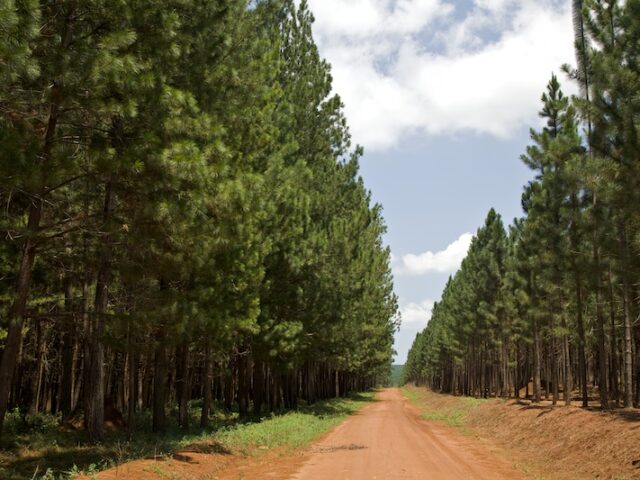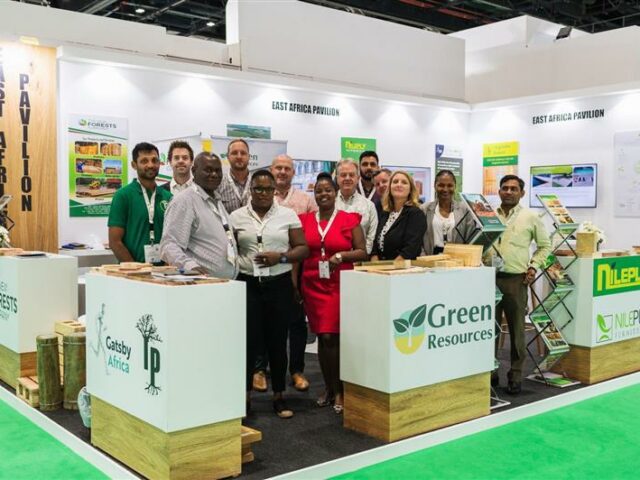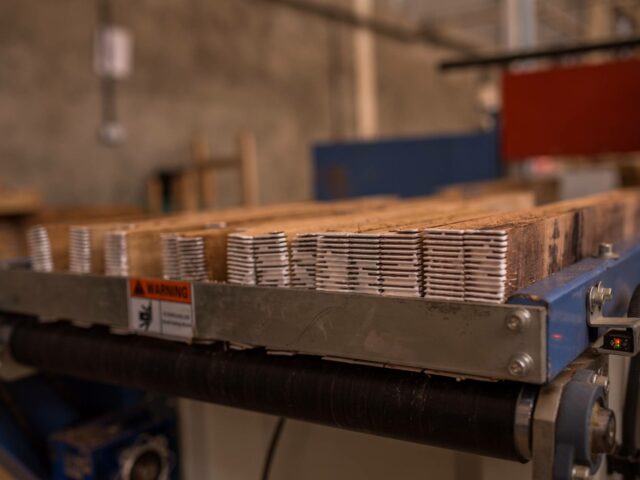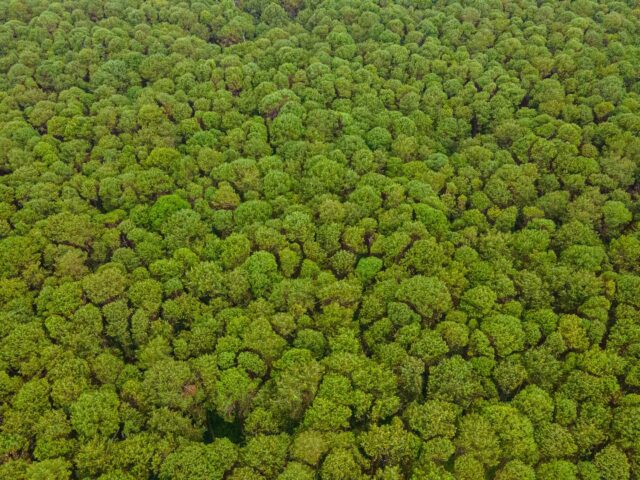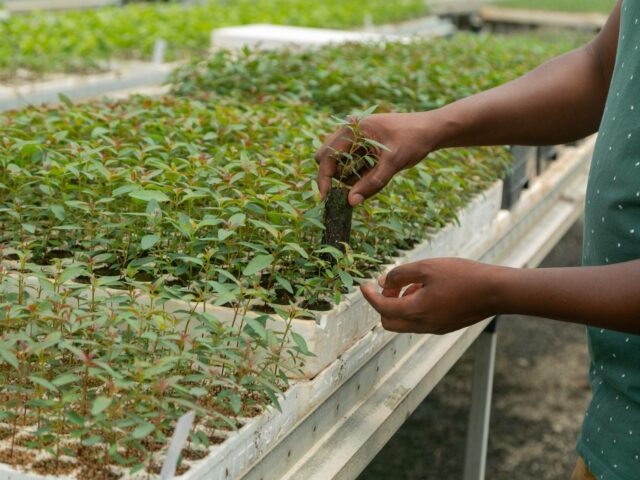Building stronger and more inclusive economies
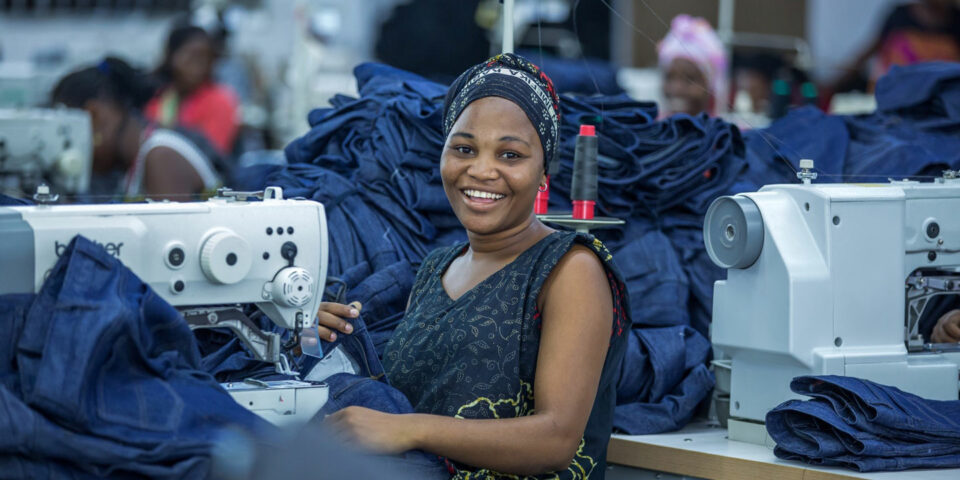
About us
We are an ambitious and dynamic organisation committed to sector transformation and helping change lives for the better in East Africa
Find out howSectors we work in
Rethinking sectors and working in partnership with others to transform them.
Gatsby Africa focuses on transforming sectors with real opportunity for widespread impact. We focus on high potential and labour-intensive sectors, providing targeted assistance and helping to drive rapid growth that is competitive, inclusive, and resilient. We believe working in such sectors is critical to long-term poverty reduction and wider economic transformation.
Working at both firm and national level to catalyse the take-off of the industry in East Africa and ensuring the industry develops in a way that is both inclusive and environmentally responsible
Introducing innovative technologies, business models and public-private partnerships to transform the regional commercial forestry sector, protect the environment, and benefit millions of citizens.
Supporting Kenya to develop a modern and competitive meat sector, whilst also innovating models that maximise the extent livestock producers participate in and benefit from higher returns from the sector
Gatsby Africa Highlights Report 2021-2022
Over the years, Gatsby Africa has been working to transform key sectors across East Africa, in a quest to build stronger and more inclusive economies. This highlights report presents the progress of the portfolio we implement and fund as of June 2022.
Latest News and Insights
One Gatsby Africa
Gatsby Africa, Kenya Markets Trust and Msingi come together as one organisation
After years of successfully working together as partners with a shared mission of transforming sectors in East Africa, Kenya Markets Trust and Msingi have integrated into Gatsby Africa as one organisation. Combined, we have a long history operating in East Africa and have worked with governments, development partners and others in the pursuit of sector transformation.
The integrated organisation is a philanthropic entity of Lord David Sainsbury, operating across a diverse portfolio of sectors in East Africa – Commercial Forestry, Aquaculture, Textiles & Apparel, Livestock, Water and Tea. Our consolidated portfolio puts us in a strong position to deliver meaningful levels of impact for millions of people in the region, and strengthens our ability to generate and share our learning with others.
As we launch the integrated Gatsby Africa, we are excited about the opportunities that this integration brings for our people, the sectors we work in and the communities we serve. Coming together allows us to leverage the strengths of the three organisations, and unlocks a new world of opportunities for our staff, our sectors, and millions of East Africans.
We are excited about what the future holds and our collective contribution to a region we all believe in and are committed to.
Find out more about our work and ambitions:
FOLLOW OUR WORK
Subscribe to our mailing list to receive the latest updates from our work.
You can also follow our work on our social media channels:
